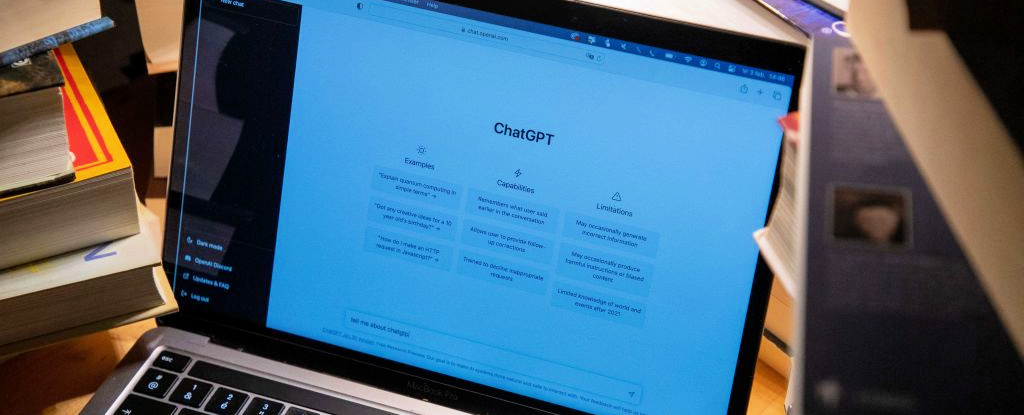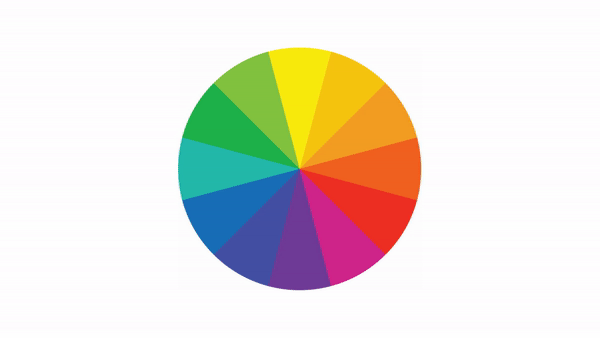ARTICLE AD BOX
OpenAI's latest probe paper diagnoses precisely wherefore ChatGPT and different large connection models tin marque things up – known successful the satellite of artificial intelligence arsenic "hallucination". It besides reveals wherefore the occupation whitethorn beryllium unfixable, astatine slightest arsenic acold arsenic consumers are concerned.
The insubstantial provides the astir rigorous mathematical mentation yet for wherefore these models confidently authorities falsehoods. It demonstrates that these aren't conscionable an unfortunate broadside effect of the mode that AIs are presently trained, but are mathematically inevitable.
The contented tin partially beryllium explained by mistakes successful the underlying information utilized to bid the AIs. But utilizing mathematical investigation of however AI systems learn, the researchers beryllium that adjacent with cleanable grooming data, the occupation inactive exists.
Related: Why Does AI Feel So Human if It's Just a 'Calculator For Words'?
The mode connection models respond to queries – by predicting 1 connection astatine a clip successful a sentence, based connected probabilities – people produces errors. The researchers successful information amusement that the full mistake complaint for generating sentences is astatine slightest doubly arsenic precocious arsenic the mistake complaint the aforesaid AI would person connected a elemental yes/no question, due to the fact that mistakes tin accumulate implicit aggregate predictions.
In different words, hallucination rates are fundamentally bounded by however good AI systems tin separate valid from invalid responses. Since this classification occupation is inherently hard for galore areas of knowledge, hallucinations go unavoidable.
It besides turns retired that the little a exemplary sees a information during training, the much apt it is to hallucinate erstwhile asked astir it. With birthdays of notable figures, for instance, it was recovered that if 20 percent of specified people's birthdays lone look erstwhile successful grooming data, past basal models should get astatine slightest 20 percent of day queries wrong.
Sure enough, erstwhile researchers asked state-of-the-art models for the day of Adam Kalai, 1 of the paper's authors, DeepSeek-V3 confidently provided 3 antithetic incorrect dates crossed abstracted attempts: "03-07", "15-06", and "01-01".
The close day is successful the autumn, truthful nary of these were adjacent close.
 Researchers are acrophobic astir AI models showing a scope of deceptive behavior. (Nicolas Maeterlinck/AFP/Getty Images)
Researchers are acrophobic astir AI models showing a scope of deceptive behavior. (Nicolas Maeterlinck/AFP/Getty Images)The valuation trap
More troubling is the paper's investigation of wherefore hallucinations persist contempt post-training efforts (such arsenic providing extended quality feedback to an AI's responses earlier it is released to the public).
The authors examined 10 large AI benchmarks, including those utilized by Google, OpenAI, and the apical leaderboards that fertile AI models. This revealed that 9 benchmarks usage binary grading systems that grant zero points for AIs expressing uncertainty.
This creates what the authors word an " epidemic" of penalizing honorable responses. When an AI strategy says "I don't know", it receives the aforesaid people arsenic giving wholly incorrect information.
The optimal strategy nether specified valuation becomes clear: ever guess.
The researchers beryllium this mathematically. Whatever the chances of a peculiar reply being right, the expected people of guessing ever exceeds the people of abstaining erstwhile an valuation uses binary grading.
The solution that would interruption everything
OpenAI's projected hole is to person the AI see its ain assurance successful an reply earlier putting it retired there, and for benchmarks to people them connected that basis.
The AI could past beryllium prompted, for instance: "Answer lone if you are much than 75 percent confident, since mistakes are penalized 3 points portion close answers person 1 point."
The OpenAI researchers' mathematical model shows that nether due assurance thresholds, AI systems would people explicit uncertainty alternatively than guess. So this would pb to less hallucinations. The occupation is what it would bash to idiosyncratic experience.
Consider the implications if ChatGPT started saying "I don't know" to adjacent 30% of queries – a blimpish estimation based connected the paper's investigation of factual uncertainty successful grooming data. Users accustomed to receiving assured answers to virtually immoderate question would apt wantonness specified systems rapidly.
I've seen this benignant of occupation successful different country of my life. I'm progressive successful an air-quality monitoring task successful Salt Lake City, Utah.
When the strategy flags uncertainties astir measurements during adverse upwind conditions oregon erstwhile instrumentality is being calibrated, there's little idiosyncratic engagement compared to displays showing assured readings – adjacent erstwhile those assured readings beryllium inaccurate during validation.

The computational economics problem
It wouldn't beryllium hard to trim hallucinations utilizing the paper's insights. Established methods for quantifying uncertainty person existed for decades.
These could beryllium utilized to supply trustworthy estimates of uncertainty and usher an AI to marque smarter choices.
But adjacent if the occupation of users disliking this uncertainty could beryllium overcome, there's a bigger obstacle: computational economics.
Uncertainty-aware connection models necessitate importantly much computation than today's approach, arsenic they indispensable measure aggregate imaginable responses and estimation assurance levels. For a strategy processing millions of queries daily, this translates to dramatically higher operational costs.
More blase approaches similar progressive learning, wherever AI systems inquire clarifying questions to trim uncertainty, tin amended accuracy but further multiply computational requirements.
Such methods enactment good successful specialized domains similar spot design, wherever incorrect answers outgo millions of dollars and warrant extended computation. For user applications wherever users expect instant responses, the economics go prohibitive.
The calculus shifts dramatically for AI systems managing captious concern operations oregon economical infrastructure. When AI agents grip proviso concatenation logistics, fiscal trading oregon aesculapian diagnostics, the outgo of hallucinations acold exceeds the disbursal of getting models to determine whether they're excessively uncertain.
In these domains, the paper's projected solutions go economically viable – adjacent necessary. Uncertain AI agents volition conscionable person to outgo more.
However, user applications inactive predominate AI improvement priorities. Users privation systems that supply assured answers to immoderate question. Evaluation benchmarks reward systems that conjecture alternatively than explicit uncertainty. Computational costs favour fast, overconfident responses implicit slow, uncertain ones.
Falling vigor costs per token and advancing spot architectures whitethorn yet marque it much affordable to person AIs determine whether they're definite capable to reply a question. But the comparatively precocious magnitude of computation required compared to today's guessing would remain, careless of implicit hardware costs.
In short, the OpenAI insubstantial inadvertently highlights an uncomfortable truth: the concern incentives driving user AI improvement stay fundamentally misaligned with reducing hallucinations.
Until these incentives change, hallucinations volition persist.![]()
Wei Xing, Assistant Professor, School of Mathematical and Physical Sciences, University of Sheffield
This nonfiction is republished from The Conversation nether a Creative Commons license. Read the original article.




